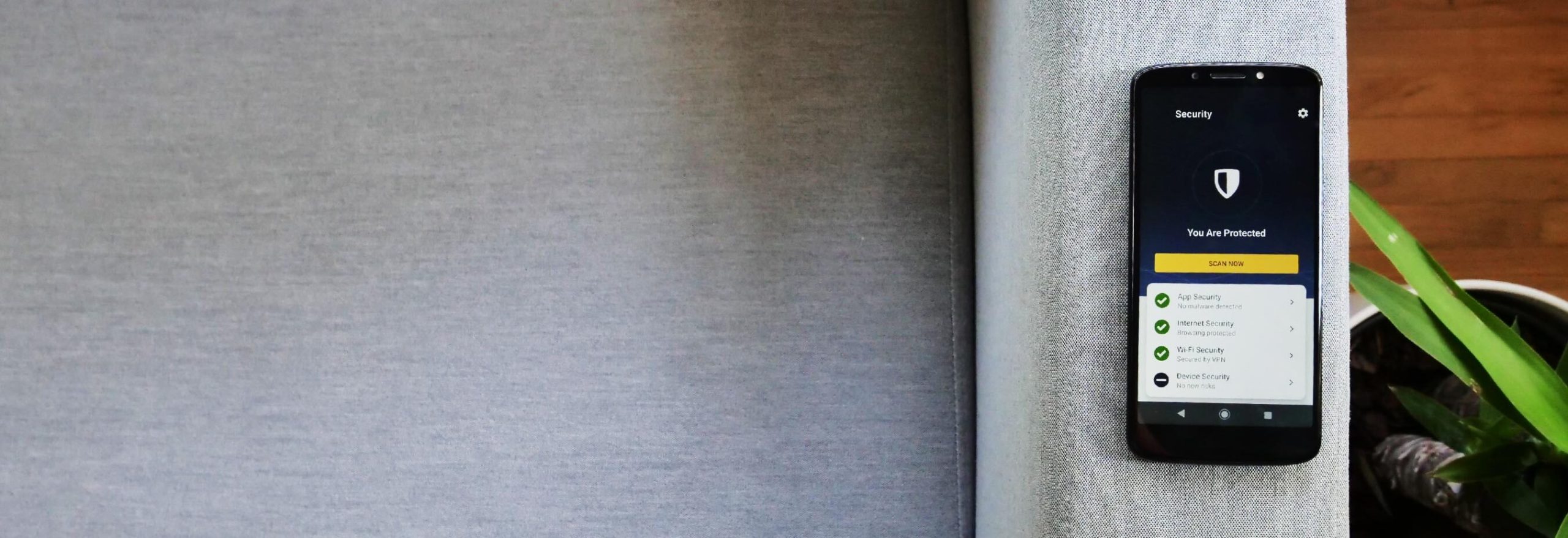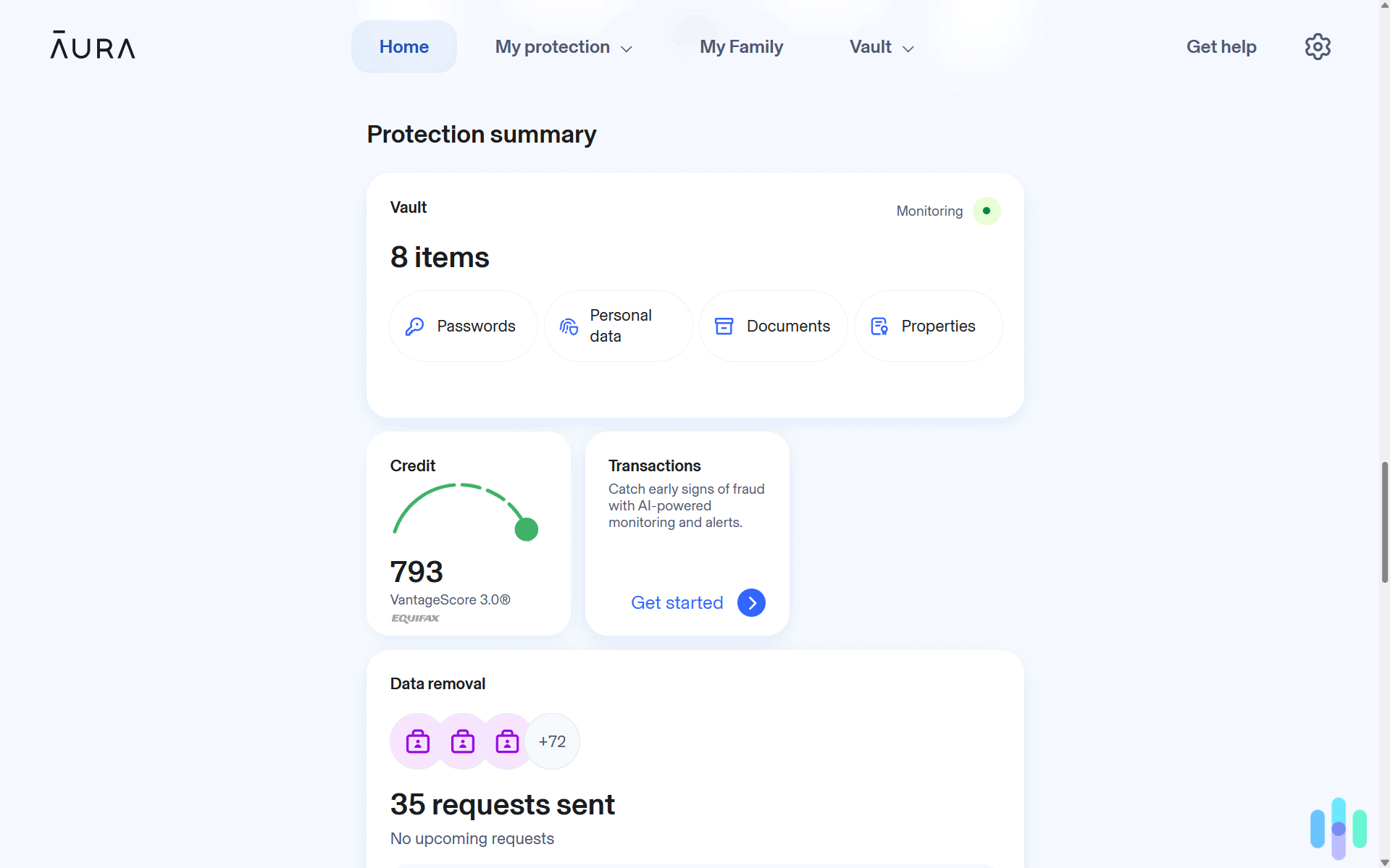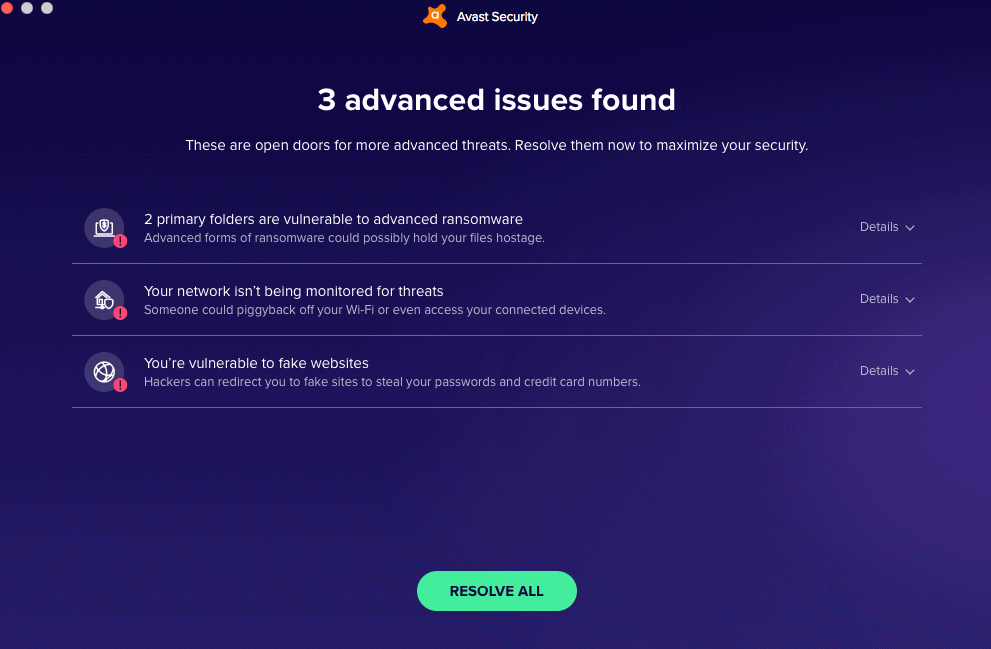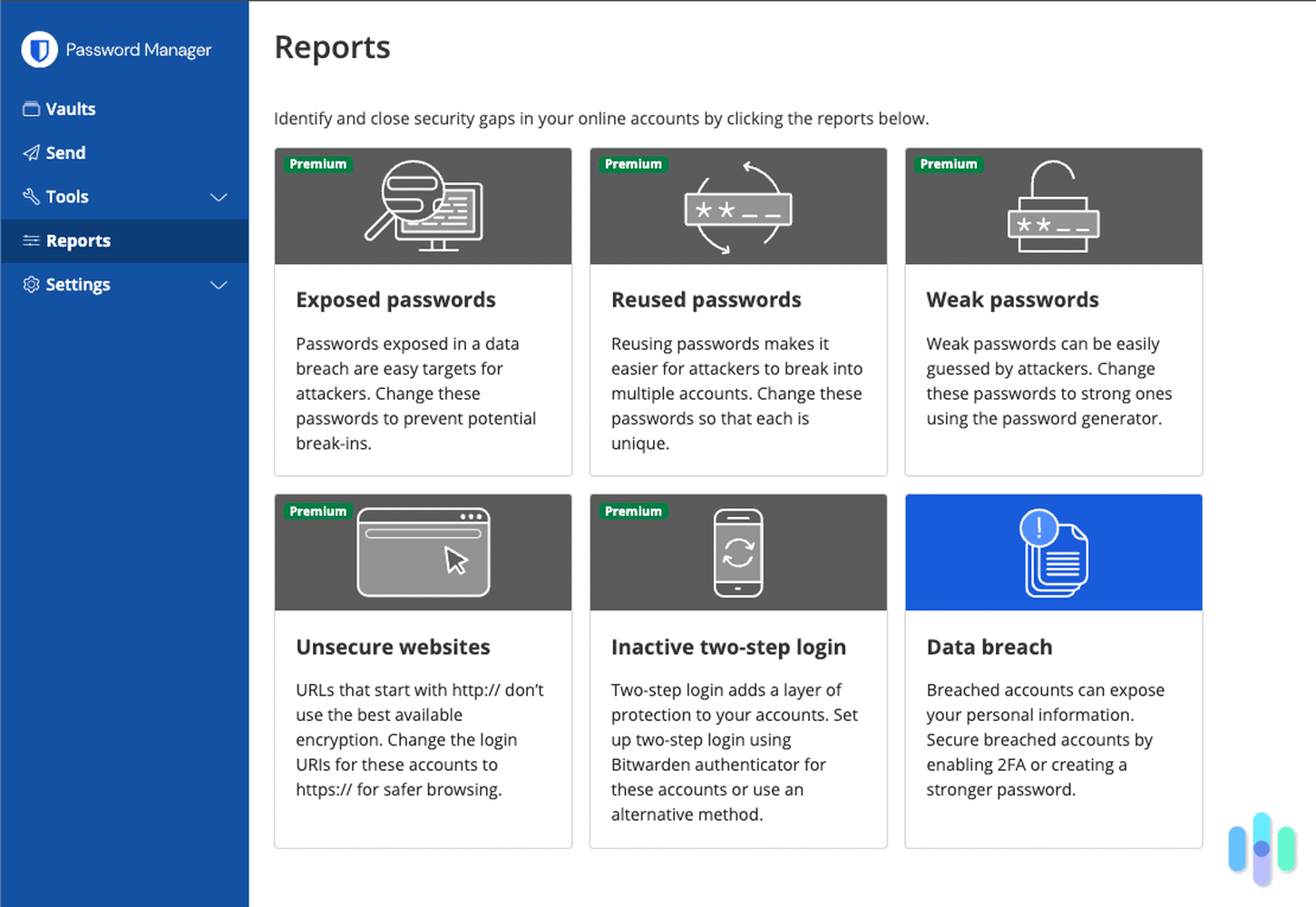Viruses are scary whatever the context, whether dealing with your health or computers. We’re not medical experts, though, so let’s talk about the viruses that we’re very much familiar with: Computer viruses.
Computer viruses can attack pretty much any internet-connected device, from computers to smartphones. That being said, some systems are more resistant to viruses and others come with built-in virus protection. But, just because a device comes with built-in protection doesn’t mean it’s the best antivirus protection available for that device. It also doesn’t mean it’s bad just because it’s built-in either.
So, is getting third-party antivirus software still necessary in 2025? And which devices need additional antivirus software? Are there any devices that don’t need third-party antivirus software? Well, we’re here to answer all of these questions and more with the latest data and expert insights.
Pro Tip: Protecting every device with antivirus software can run you a pretty penny, but not every needs a premium antivirus. TotalAV topped our list of the best free antiviruses, offering decent malware protection free of charge. Read about it in our TotalAV review.
Do You Still Need Antivirus?
Overall, you probably still need antivirus software, but some devices need it more than others. The only operating system that you absolutely do not need to install antivirus software on is iPhones. You also don’t need antivirus software on iPads and iPad Minis, although a bit of extra protection never hurts. However, Windows, macOS, and Androids still need antivirus software.
Deciding To Get Antivirus Software?
It really shouldn't be a question of "if" but rather "which one." Based on our extensive testing and real-world experience, the best antivirus solutions protect against ransomware, spyware, malware, and other digital threats. They detect these threats using advanced AI and machine learning, neutralizing them before they cause damage. Here are a few of our favorites:
Why You Still Need Antivirus Software
Every day, new malware and other online threats emerge at an alarming rate. In fact, the AV-Test Institute registers over 450,000 new pieces of malware and potentially unwanted applications (PUA).1 You read that right – nearly half a million threats daily. Malware continues to be more problematic than PUAs, making up approximately 85 percent of all total threats.
That being said, some operating systems are much more susceptible to viruses than others. Windows remain the primary target. For instance, reports show that 87 percent of ransomware target the operating systems.2
| Operating System | Percentage Targeted by Ransomware |
|---|---|
| Windows | 87% |
| Windows tablet | 11% |
| macOS X | 7% |
| Android | 5% |
| iOS | 3% |
Similarly, data from AV-Test showed that Windows devices have the most new malware and new PUA, followed by Androids, and then Macs. In sum, unless you have an iPhone or iPad, antivirus software is essential for protecting your digital life.
How Antivirus Protects Your Devices
In a nutshell, antivirus software works by scanning your devices for viruses, malware, and other cyber threats. If it detects anything malicious, it will quarantine and remove the file. Let’s get into a bit more detail.
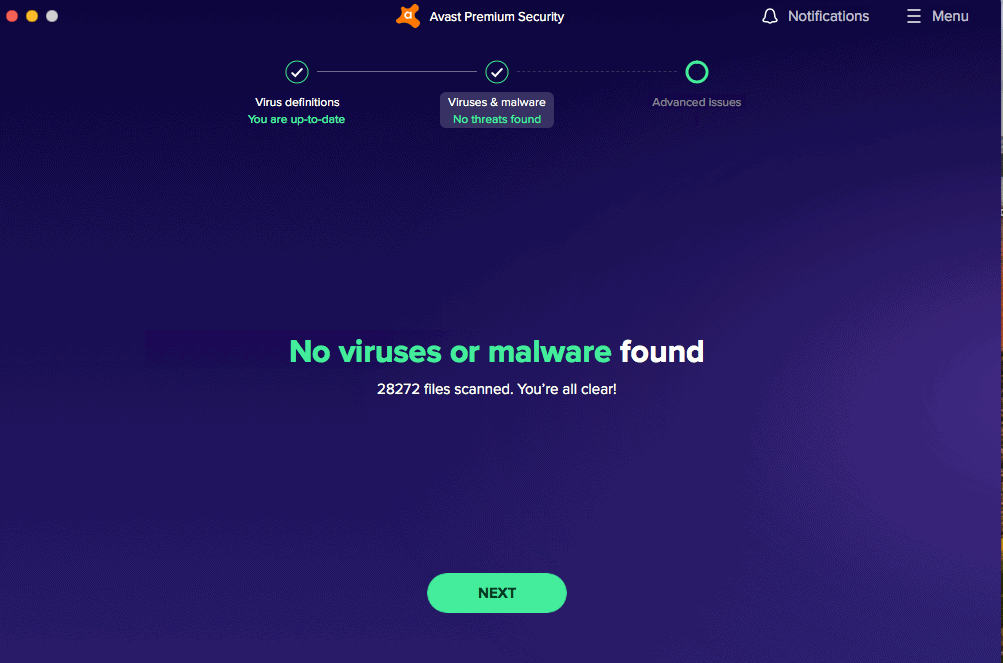
Main Features
Here are the essential features that every modern antivirus includes:
- Behavior-based detection: Modern behavior-based detection uses machine learning to identify viruses and malware even if they’re zero-day threats not yet in existing databases.
- Scans: Most software has both on-demand and on-access scans that you can schedule, have running constantly or run whenever you please.
- Virus quarantine and removal: If the software detects a virus, it’ll hold it so that it can’t infect the rest of your device and remove it completely.
- Web browsing protection: From phishing emails to malicious websites and malvertising, antivirus software protects you online as well as locally on your device.
Extra Features
A lot of antivirus software is bundled with other digital security software, such as:
- Parental controls: Parental controls block certain websites from view to keep kids safe online as well as implement screen time limits.
- Firewalls/ network protection: Firewalls block threats on your device’s network, while antivirus software on its own is only device-specific.
- Secure browsers: The software could include a secure browser or browser extension that provides additional encryption and privacy protection.
- Password managers: Password managers, like Dashlane, hold all of your login credentials in an encrypted vault.
- Encrypted cloud storage: For sensitive files, encrypted cloud storage is the way to go.
- System optimization: Some services claim to optimize your system’s performance in terms of speed by deleting files and downloads, among other tactics.
- Identity theft protection: Identity theft protection services scan multiple financial and criminal areas for the user’s personally identifiable information (PII) in hopes of preventing identity theft.
- VPN: Last but certainly not least, VPNs encrypt a device’s web activity and IP address to create more privacy and bypass work or government restrictions.
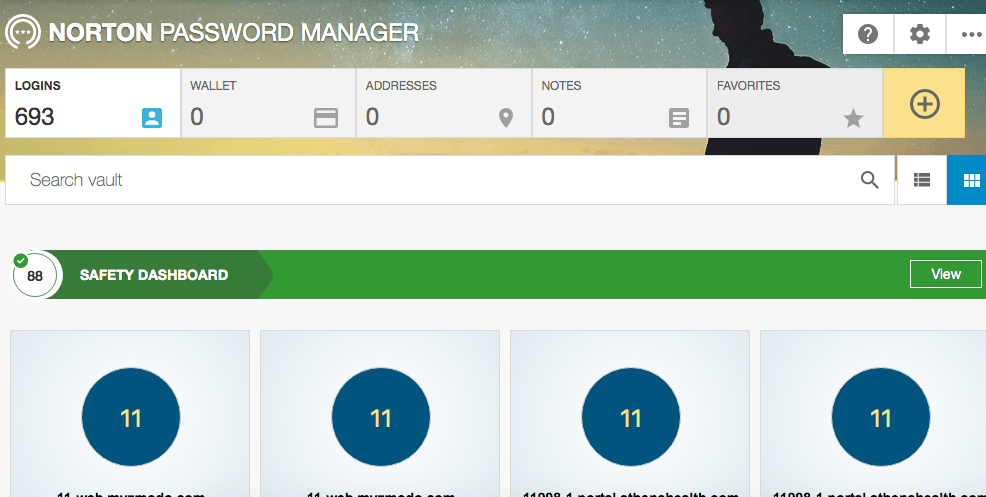
The Argument Against Antivirus
Of course, those who say that antivirus software isn’t necessary aren’t completely wrong. It’s definitely not needed for iOS devices, nor does it exist for iOS devices in the first place.
FYI: While some antivirus companies may trick you into thinking you are downloading antivirus for iOS devices, it is usually some form of mobile security that doesn’t include virus protection. Be sure to read the fine print!
There’s also the argument that antivirus software is expensive, which has some merit. The average cost of antivirus software is about $30 to $60 a year for entry-level protection. Premium suites with multiple features can cost $100+ annually. And while some free antivirus software exists, it usually limits things like the number of devices you can connect or the amount of time you can use it. Finally, some devices like Windows and Macs have built-in antivirus software, so many feel that additional third-party software is unnecessary. Well, we did some investigating, which brings us to our next topic…
Built-In vs. Third Party Antivirus Software
If devices already come with virus protection, antivirus software is useless, right? Wrong. Let’s go into some specific examples.
Microsoft Defender Antivirus
Microsoft Defender Antivirus, also known as Windows Defender, offers real-time protection against threats including spyware, malware and viruses across:
- Apps
- Cloud storage
- Web
However, only Windows 10 and later computers come with Windows Defender. Moreover, it doesn’t offer enough protection to businesses. That’s because Windows Defender doesn’t have advanced endpoint protection and response or automated investigation and remediation capabilities that enterprises need. Those two limitations are why we always recommend going with one of the best antivirus software for Windows PCs for businesses and consumers.
macOS Big Sur Antivirus
Similarly, Mac computers with macOS Sonoma and Ventura come with XProtect, built-in antivirus software that runs in the background without the user having to lift a finger. That’s why a lot of people wonder if they need antivirus software for their Macs. Apple also offers:
- Gatekeeper: Gatekeeper scans new software for malicious behaviors, preventing it from running if believed to be malware.
- Sandbox mode: Sandbox mode allows Macs to run apps in quarantine, or what Apple calls a “virtual sandbox” that’s isolated from the rest of the computer.
While these features are an essential part of any antivirus software, this built-in protection doesn’t block against adware or any PUAs that have been installed without the user’s knowledge or consent. So while you can take your chances and use the Mac built-in antivirus only, redundancy is always a good thing when it comes to digital security, and protection against adware and PUPs is essential. Check out our roundup of the best antivirus software for Macs for our expert-vetted and tested recommendations.
Free vs. Paid Antivirus Software
Like we mentioned previously, there is a lot of free antivirus software on the market, be it completely free subscriptions or free trial periods. However, these free options may have limitations such as:
- Device compatibility: Free antivirus software may not work for your operating system. For example, Kaspersky’s free antivirus doesn’t work on Macs, only Windows, iOS and Android devices.
- Lack of firewalls: All of the options on our list of the best free antivirus (Kaspersky, Bitdefender, Avast, AVG and McAfee) lack firewalls, so you may have to pay for network security.
- Number of devices: Similarly, many free options only cover one device, while the average person has multiple devices that need protection against viruses and malware.
- Time: Finally, some free options may be limited to a specific time period, like 30 days, although there are some apps that you can use indefinitely with basic protection.
Free antivirus software is certainly better than nothing, but for comprehensive protection against all of your devices, you’ll probably need to invest in a paid subscription.
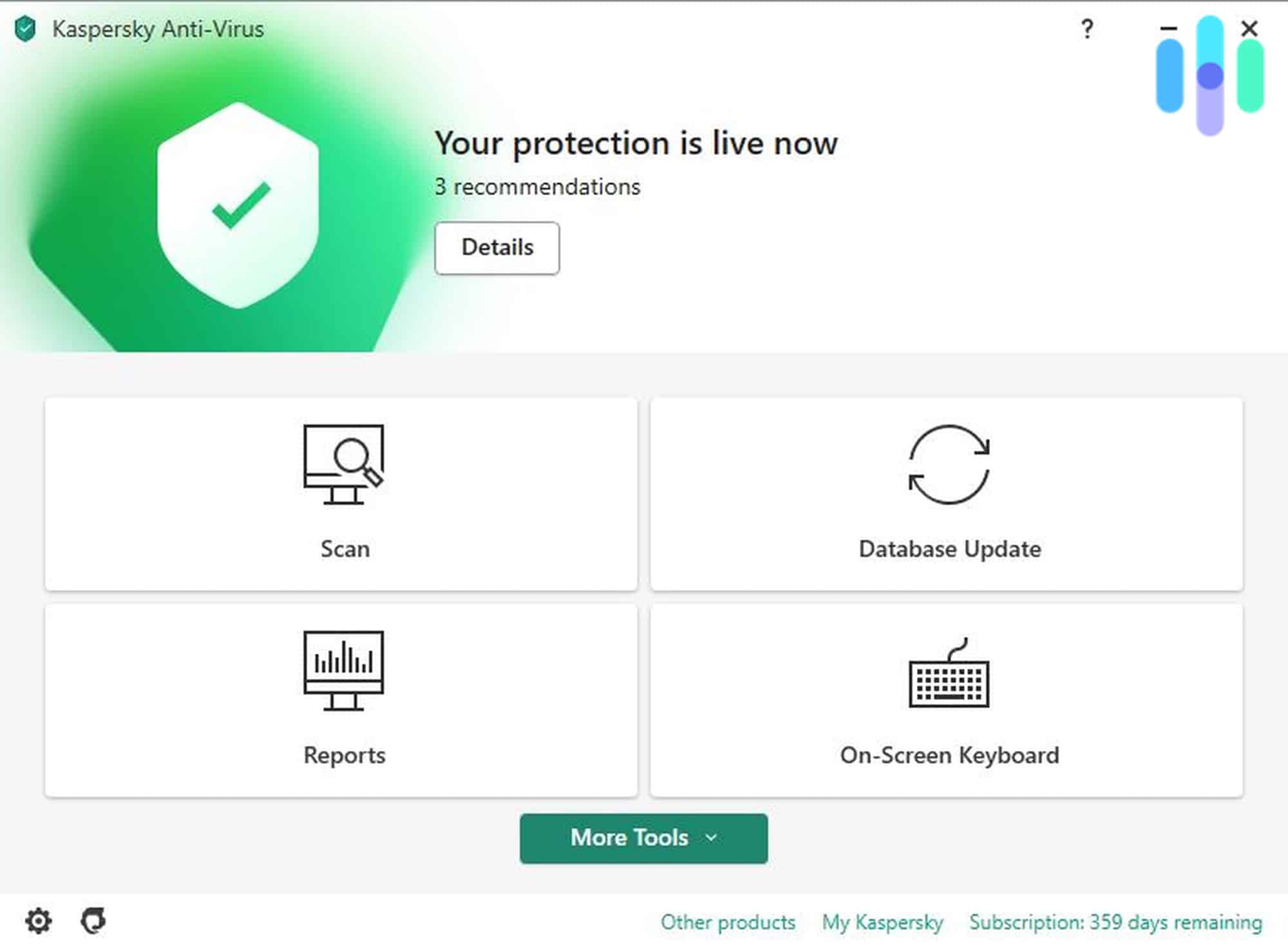
If I Have A VPN, Do I Still Need Antivirus?
In a nutshell, yes, you still need a VPN even if you use antivirus software. Why? Because comparing VPNs and antivirus software is like comparing apples and oranges. While VPNs encrypt your device’s IP address and web activity, antivirus software guards against viruses and malware, so there’s no overlap in their capabilities. However, some antivirus options come bundled with VPNs, so you may be able to knock out two birds with one subscription. Check out our review of NordVPN and our review of Surfshark VPN for two of our favorite options that let you bundle VPNs with high-quality antivirus software.
How To Optimize Your Antivirus Software
Now that you know that antivirus software is a digital security necessity, here’s how to get the most out of it.
- Buy bundles: Like we just mentioned, antivirus software isn’t a catch-all for digital security. That’s why many companies bundle their antivirus software with other services like VPNs, identity theft protection and password managers. If you don’t already have these services, you can save money by bundling them together.
- Update software: Make sure to perform all software updates as soon as they’re available, as out-of-date software could have security vulnerabilities. If possible, turn on auto-updates.
- Don’t double up: The more the merrier does not apply to antivirus software. Having multiple third-party antivirus programs running at once can cause system crashes, so only use one service at a time.
- Enable real-time scanning: Real-time scanning means that, as the name implies, the software scans your device in real-time for viruses and malware. As opposed to on-demand scans, you won’t have to manually command your software to scan your device; rather, it will happen automatically.
- Scan all software: Make sure that security scan includes files that you downloaded online, as these can contain malware as well.
- Schedule scans: If real-time scanning is slowing down your device too much, you can also schedule scans at regular intervals.
- Scan all email messages: In the same vein, make sure that your antivirus software scans all of your ingoing and outgoing emails, as well.
- Backup files regularly: Finally, in case a virus gets through, backup your files regularly in encrypted cloud or local storage. Consider following the 3-2-1 backup rule: three copies of important data, on two different media types, with one copy stored offsite.
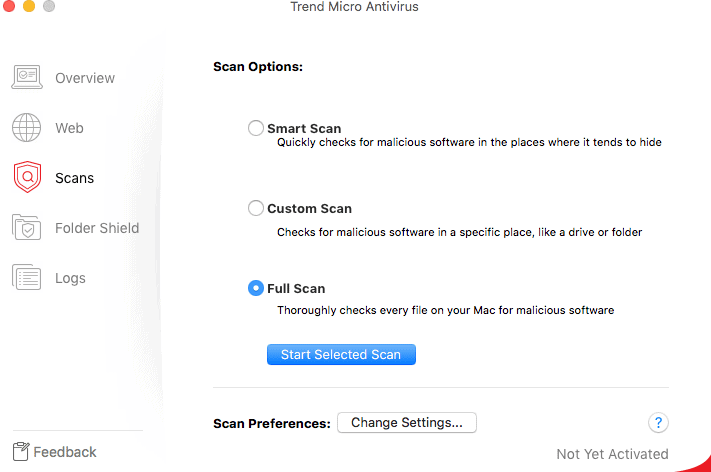
Pro Tip: If you’re opting for scheduled scans, we recommend making them weekly at the very least.
Recap
Although some devices may have built-in protection against viruses, using third-party antivirus software remains essential in 2025, whether free or paid. With cyber threats evolving daily and ransomware attacks becoming more sophisticated, the question isn’t whether you need antivirus — it’s which one will best protect your digital life.
FAQs
We’re here to answer your most pressing questions regarding antivirus software, and whether or not you need it in the first place.
-
Is antivirus really necessary?
Antivirus is necessary even if you’re on a Mac or Windows device, which both come with some level of virus protection built in. For total protection with endpoint protection and response, and blocks against malware and potentially unwanted programs, it’s best to install a third-party antivirus software. The one exception is for iOS devices like iPhones and iPads, which don’t require antivirus software. However, for Macs, Windows and Androids, antivirus software is a necessity, as new viruses are created every day.
-
Do you really need antivirus for Windows 10?
You do need an antivirus for Windows 10 and Windows 11, even though they come with Microsoft Defender Antivirus. That’s because this software lacks advanced endpoint protection and response plus automated investigation and remediation. For full protection, you can either pair it with Microsoft Defender for Business or another antivirus software from a third party.
-
Do you still need antivirus with a VPN?
Yes, you still need antivirus protection with a VPN. VPNs do not protect against viruses and malware; instead, they encrypt your web activity and IP address, so they perform completely different functions.
-
Does Apple recommend antivirus software?
Apple does not recommend antivirus software as it has a few antivirus protection features built in to Macs, like XProtect, Gatekeeper and Sandbox mode to quarantine files. However, these features don’t block against adware or potentially unwanted programs, so many people still use antivirus software on their Macs for more protection against malware.
-
Are there any devices that don’t need antivirus software?
Let’s face it, most devices can benefit from the additional protection that antivirus software provides. But, there are a few devices that don’t need it. Namely, any device that runs on iOS. The closed system of iOS makes it extremely hard for any malware to get on the device.

